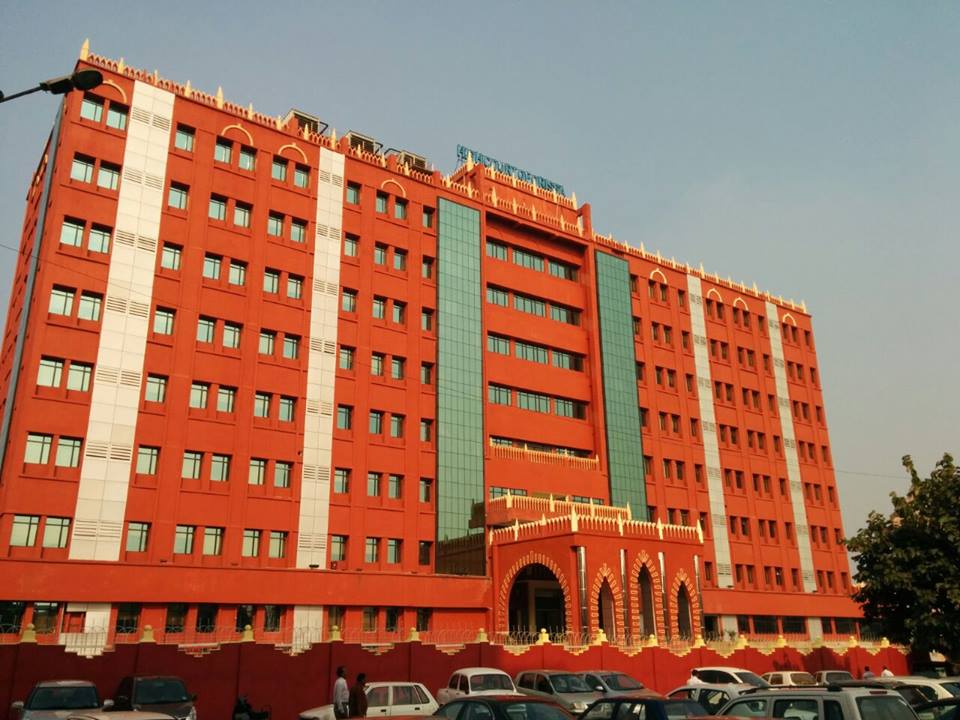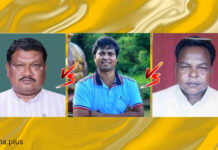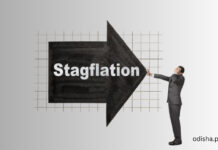OdishaPlus Bureau

The Supreme Court on Thursday adopted a tough stand on the agitation of Odisha’s lawyers challenging decisions of its Collegium over the selection of judges to different courts. The apex court said, “Since the strikes are in violation of the law laid down by this Court, the same amount to contempt and at least the office-bearers of the associations who give the call for the strikes cannot disown their liability for contempt.”
‘We have the benefit of hearing the learned Attorney General for India as we have issued notice as also learned counsel appearing for the Orissa High court. We are informed that both in the High Court and practically all districts the working has been brought to a standstill by the strike of the advocates. This means that the access to justice for a common man is not available’, it said.
‘Learned counsel appearing for the State of Orissa assures that all police assistance as may be required will be made available both for the High Court and for the district courts to ensure that egress and ingress in all court premises are available so that the willing advocates and litigants can go and appear in their cases.’

‘We will expect the courts to perform their tasks to the best of their abilities even if lawyers refuse to assist the courts. The litigants cannot be without access to justice and one wonders if an alternative would have to be explored in adjacent states for access to justice if the advocates continue to be on strike.’
Rejecting the plea of the lawyers who have gone on strike challenging the decision of the collegium to appoint a particular candidate as the judge of Odisha High Court, the SC bench said ‘… this can hardly be a ground for the lawyers to abstain from work. Every resolution to go on strike and abstain from work is per se contempt,” it said.
The apex court has further said, even if proceedings are not initiated individually against such contemnors by the court concerned or by the Bar Council concerned for the misconduct, it is necessary to provide for some mechanism to enforce the law laid down by this Court, pending legislation to remedy the situation.
“Accordingly, we consider it necessary, with a view to enforcing fundamental right of speedy access to justice under Articles 14 and 21 and law laid by this Court, to direct the Ministry of Law and Justice to present at least a quarterly report on strikes/abstaining from work, loss caused and action proposed,” it said. The matter can thereafter be considered in its contempt or the inherent jurisdiction of this Court.
In a stinging order the Supreme Court said, “The Court may, having regard to the fact situation, hold that the office-bearers of the Bar Association/Bar Council who passed the resolution for strike or abstaining from work, are liable to be restrained from appearing before any court for a specified period or until such time as they purge themselves of contempt to the satisfaction of the Chief Justice of the High Court concerned based on an appropriate undertaking or conditions.”
They may also be liable to be removed from the position of office-bearers of the Bar Association forthwith until the Chief Justice of the High Court concerned so permits on an appropriate undertaking being filed by them, it said. This may be in addition to other action that may be taken for said illegal acts of obstructing access to justice. The matter may also be considered by this Court on receipt of the report from the High Courts in this regard, it added.
“This does not debar report/petition from any other source even before the end of a quarter if the situation so warrants,” it said adding, “We thus consider it appropriate to issue a notice to the Bar Council of India through the Chairman requesting the Chairman to be in Court to assist us.”
The Supreme Court said, “We also consider it appropriate to issue a notice to the Chairman of the Orissa State Bar Council and the President of the Orissa High Court Bar Association. We have a little doubt that the conduct of the lawyers really falls within the domain of contempt in view of the law enunciated aforesaid. However, before proceeding to take action in that behalf, we deem it appropriate to simply issue a notice to explain their conduct.”
It directed the Bar Council of India to inform it as to what steps they propose to take in respect of the conduct of the advocates who have violated the directions of the Supreme Court as enunciated in the aforesaid judgments.






















